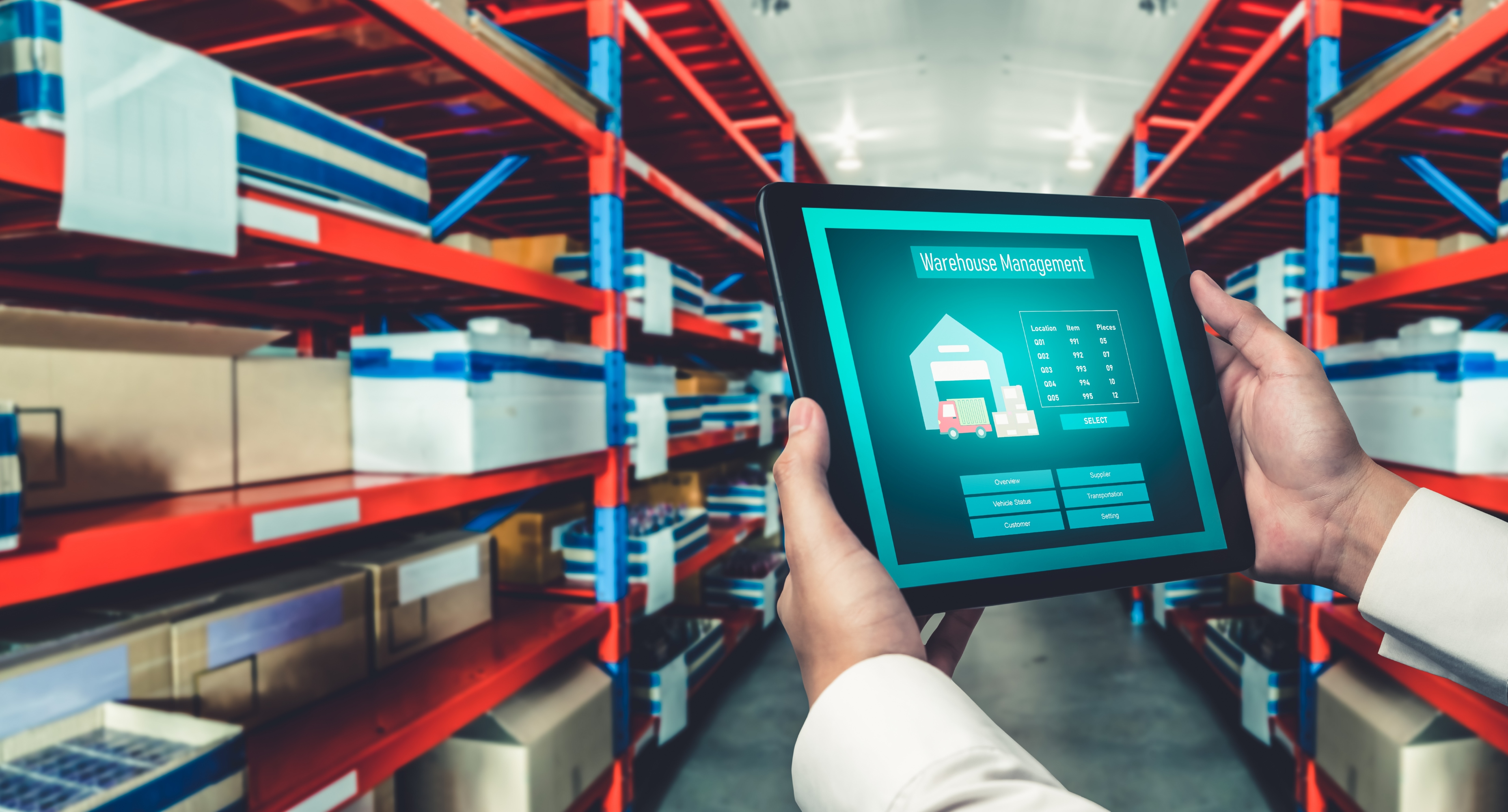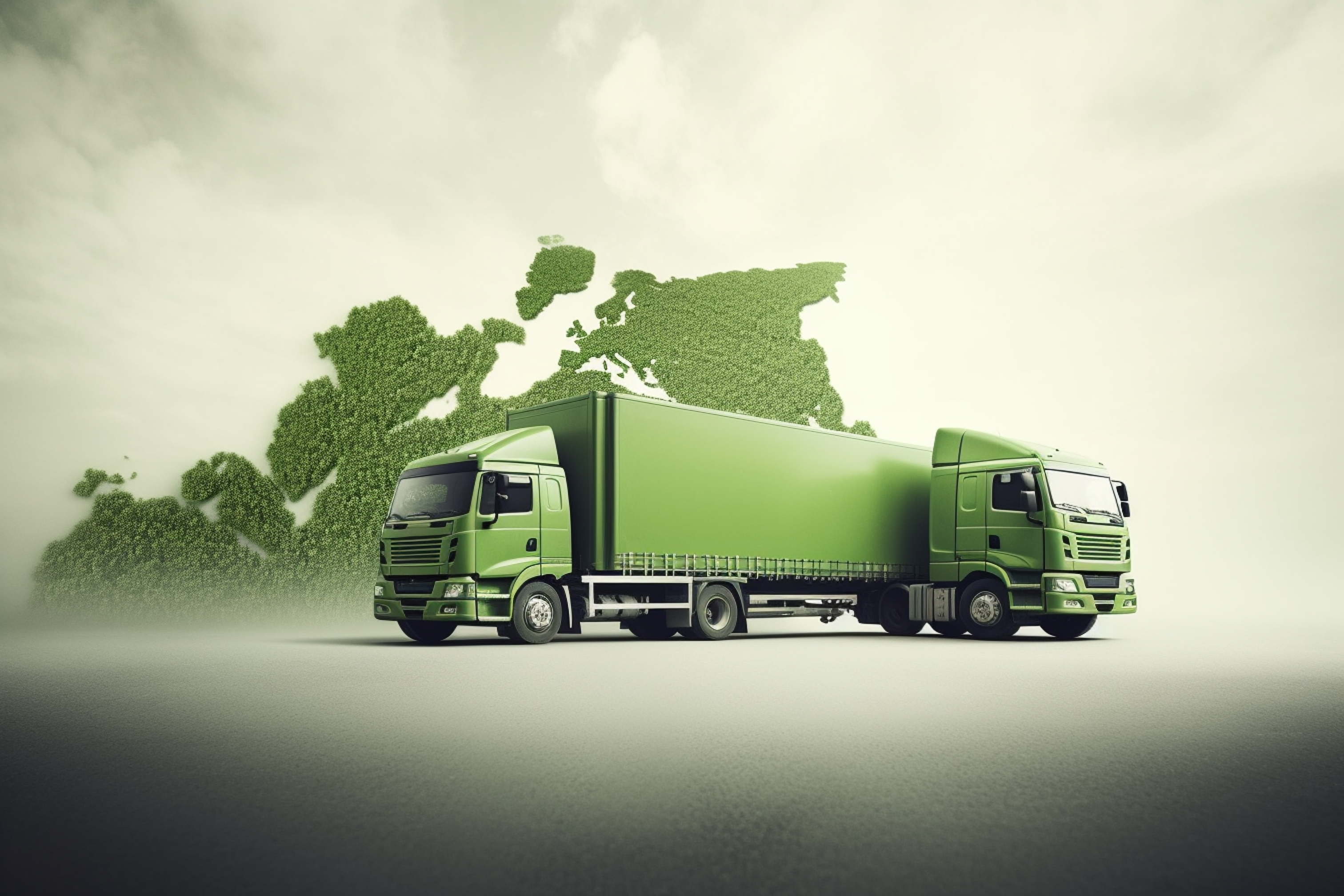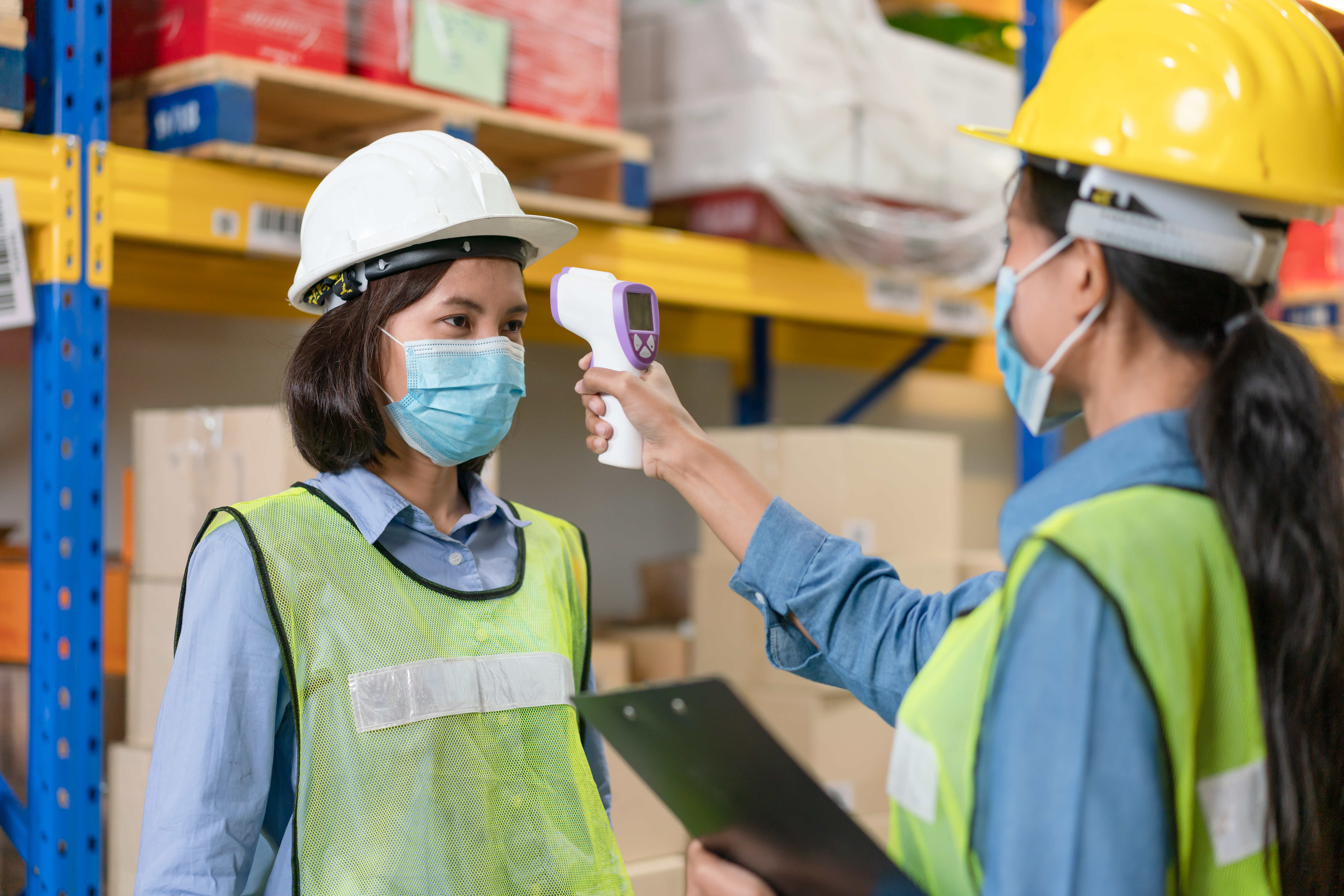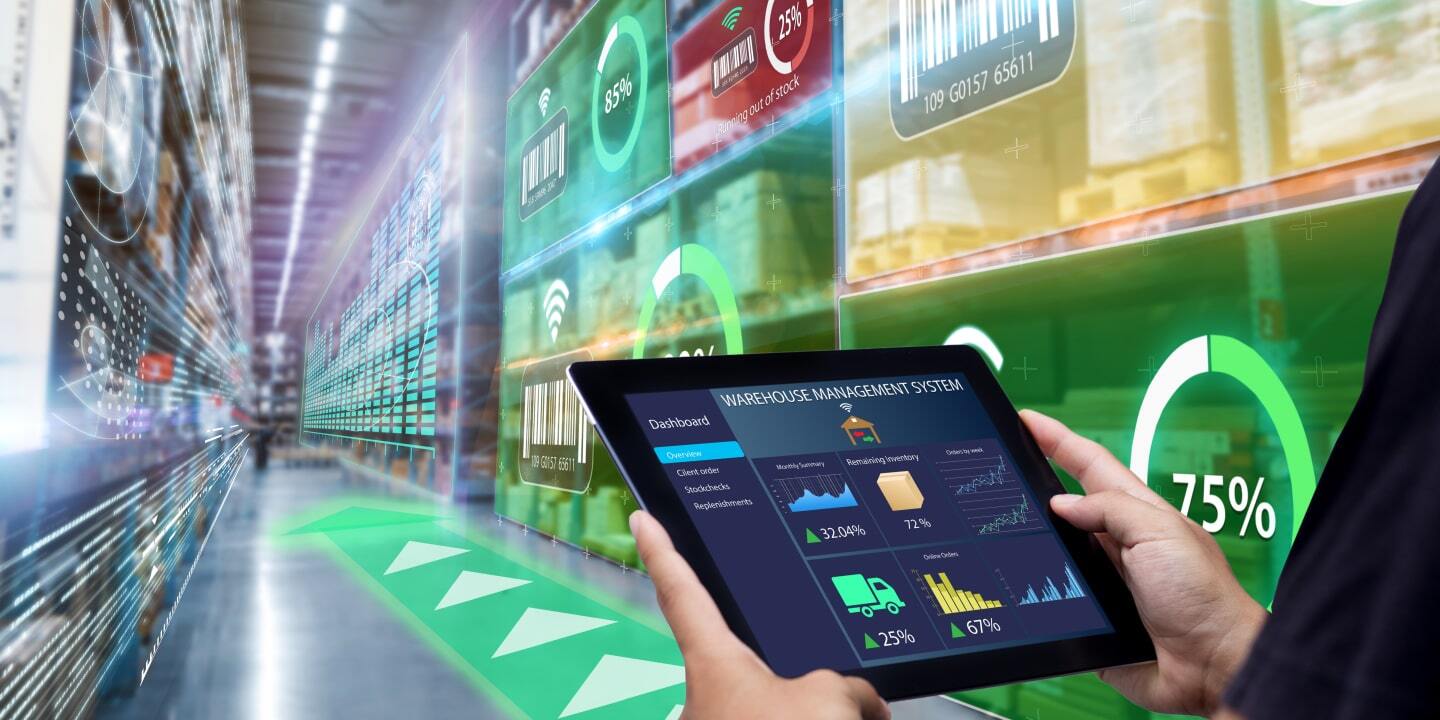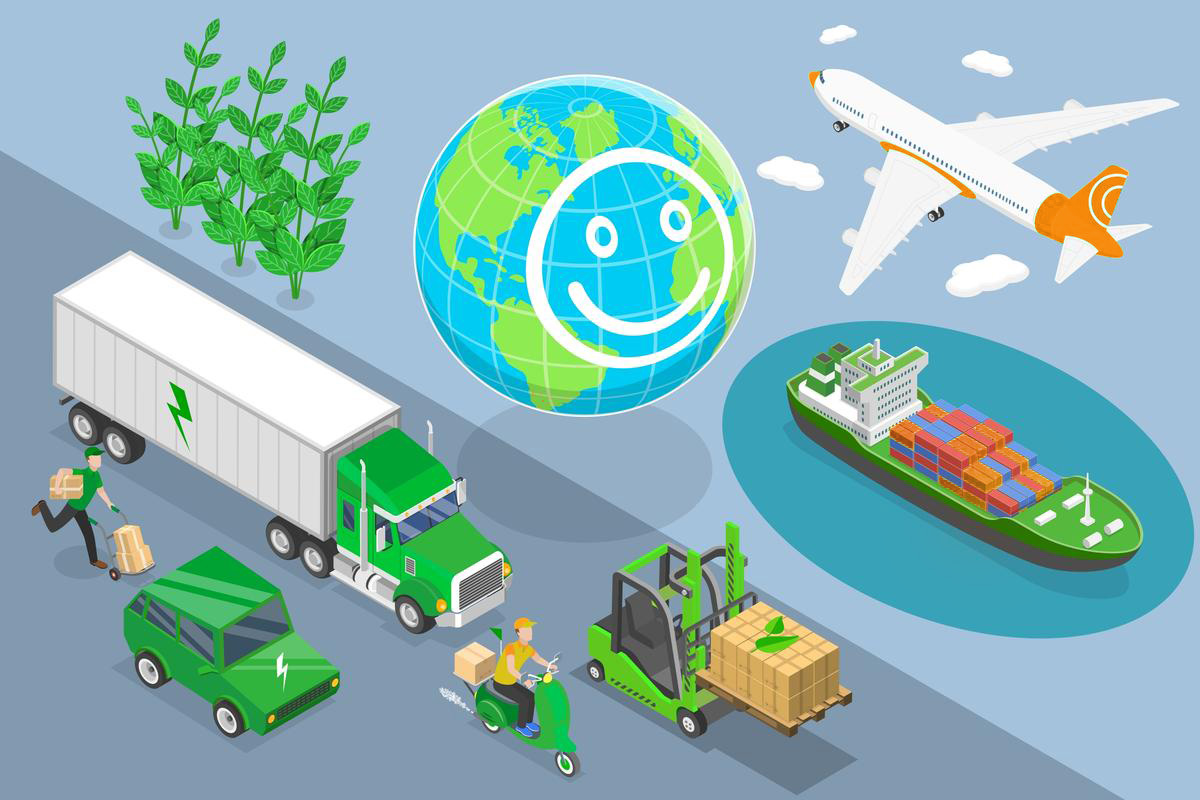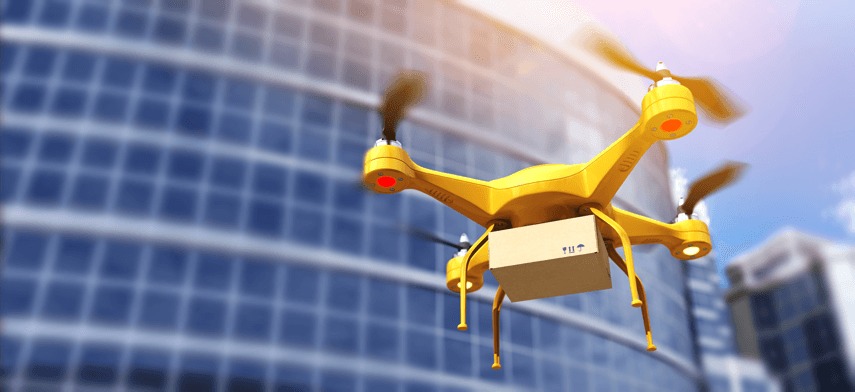
|
Dec
15
2023
|
The Future of Logistics in the Technological Transformation EraFri, 15 Dec 2023
In the era of technological transformation, drones or unmanned aircraft have emerged as a revolutionary element. The development of this technology has had a profound impact on various industries, including the logistics sector. With the presence of drones, future package deliveries to homes will not only rely on conventional couriers but also utilize drones. This technological transformation will bring about significant changes in the logistics paradigm. With the adoption of the right technology, logistics companies can improve efficiency, enhance security, and provide better services to customers.
The future of logistics is influenced by continuous innovation. Furthermore, rapid adaptation to technological developments will be the key to success in facing global challenges in this digital era. In this article, we will explore the future of logistics in the era of technological transformation. 1. Drone Era: Drones will become one of the alternative methods of delivering goods in the future. The growth in demand in the digital era has transformed the logistics landscape, driving an increase in delivery volume and requiring more efficient last-mile delivery solutions. Drones emerge as one solution to address these challenges. With this technology, package deliveries to homes will not only rely on conventional couriers but also use drones, making the delivery and distribution process more efficient to enhance productivity and reduce costs. Drones enable quick delivery, especially in densely populated urban areas, as last-mile delivery by drones is not influenced by traffic density, significantly reducing delivery times. Therefore, delivery costs can be reduced compared to conventional methods such as trucks or couriers. This can help logistics companies optimize their operational budgets.
2. Artificial Intelligence (AI) in Route Optimization and Cost Savings: With AI, it is highly possible to design optimal delivery routes. Artificial intelligence systems can predict demand with high accuracy, optimize delivery routes, calculate optimal operational costs for each route, and even predict potential disruptions in delivery. AI systems can analyze weather data, traffic conditions, and road conditions to select the fastest and most cost-effective routes, saving time and delivery costs.
3. Real-Time Monitoring and Tracking: The integration of drones and AI enables real-time monitoring and tracking of goods. This provides better visibility to stakeholders, including customers, to know the location and condition of goods during transit. Businesses can optimize delivery security and minimize the risk of fraud in each delivery.
In the era of technological transformation, drones and artificial intelligence (AI) will make a revolutionary impact on the logistics industry. These technological developments not only change the way deliveries are made but also optimize overall efficiency, effectiveness, security, and services. By combining the capabilities of drones and artificial intelligence, the future of logistics is marked by continuous innovation. The adoption of the right technology will be the key to the success of logistics companies in facing global challenges and meeting consumer demands in this digital era. Overall, this technological transformation opens up new opportunities, enhances operational efficiency, and establishes a solid foundation for smarter and more adaptive
#logistic
#drone
#drones
#logistic future
#kemajuan logistik
#logistik
#transformasi logistik
|
 Back
Back